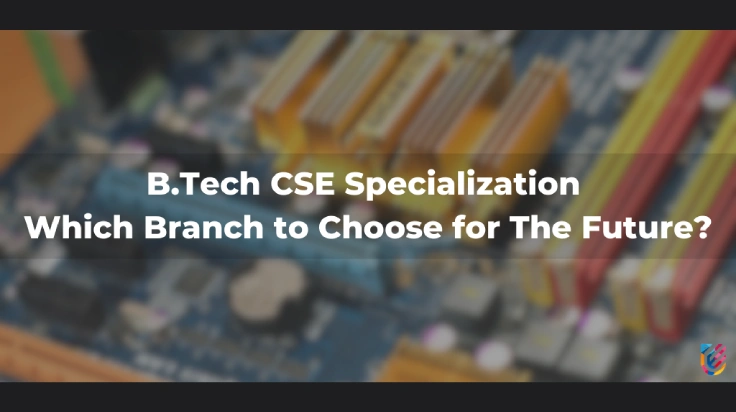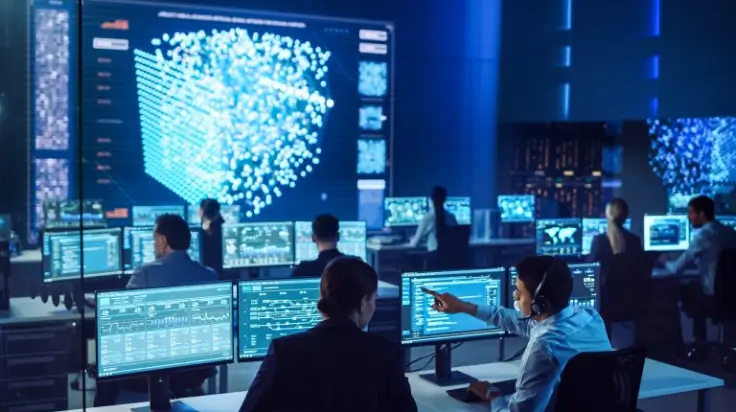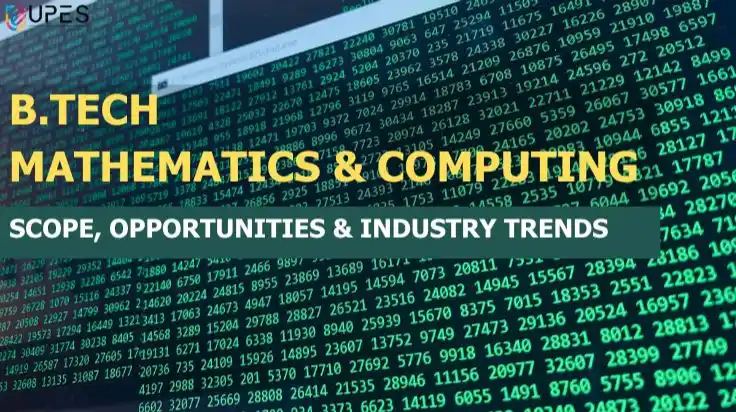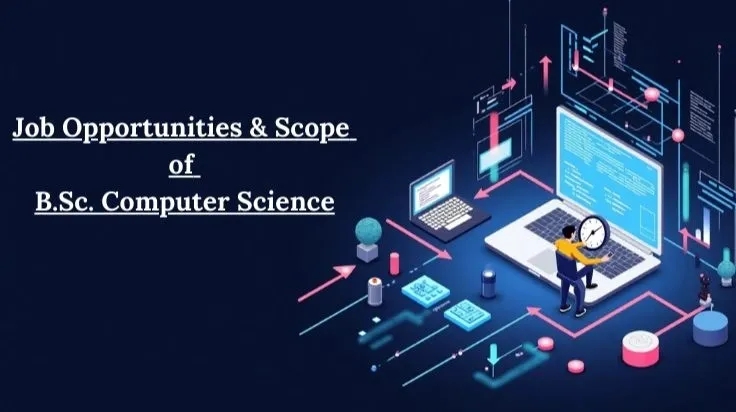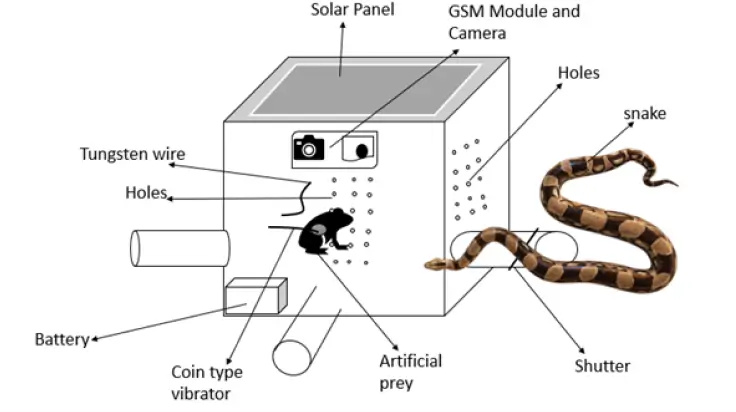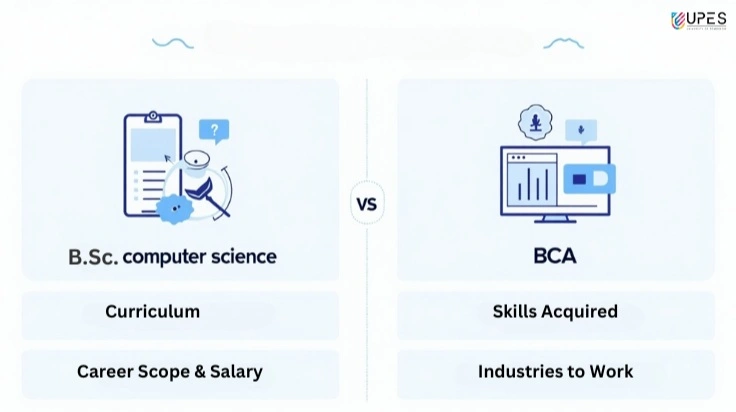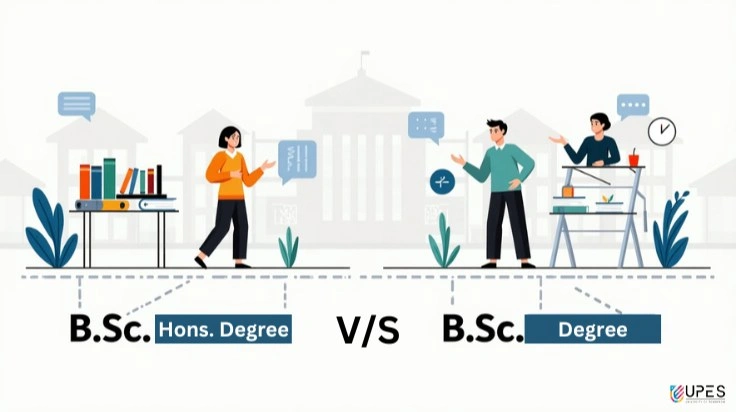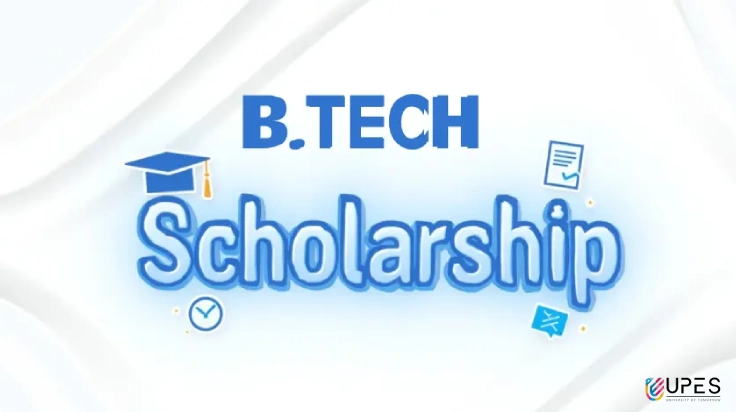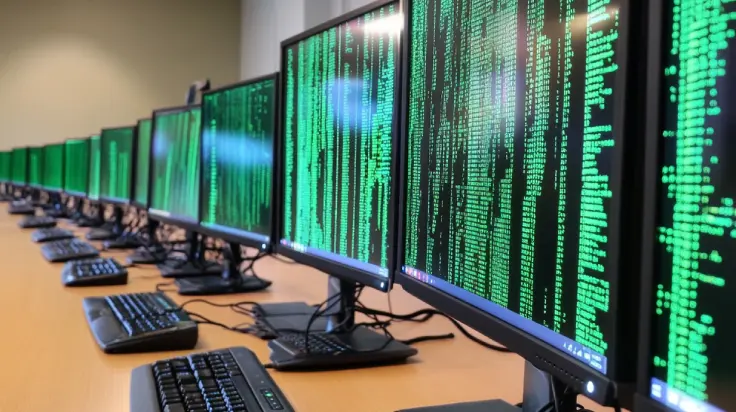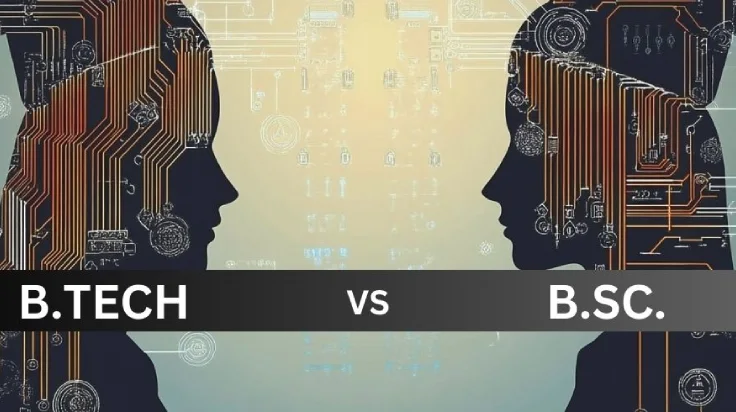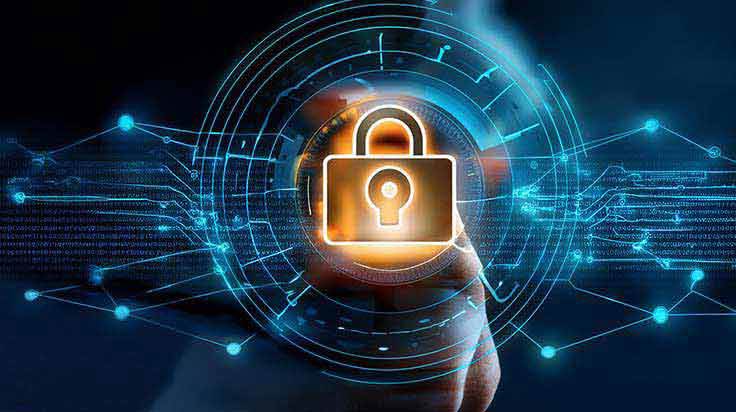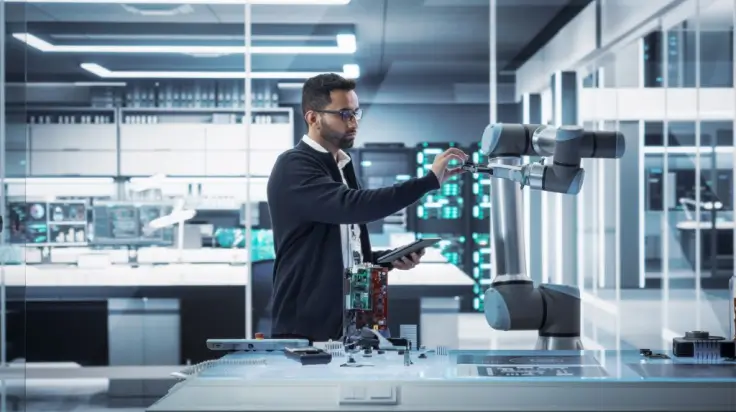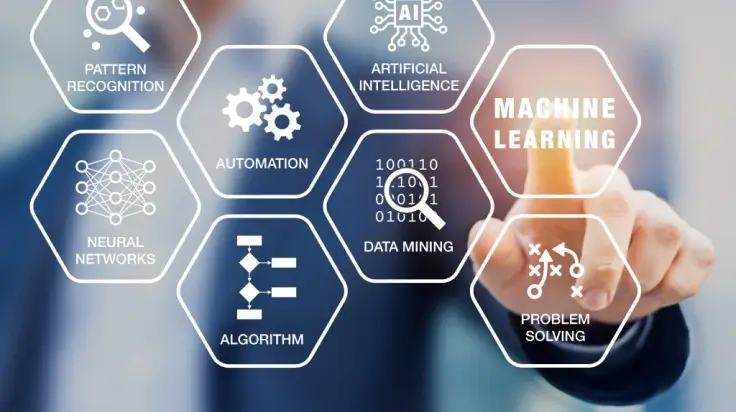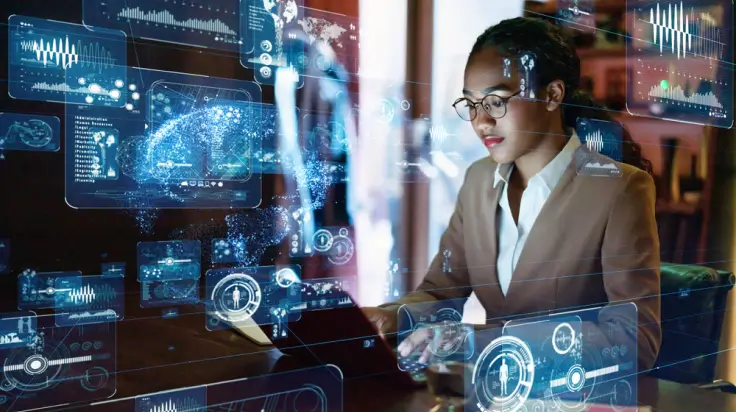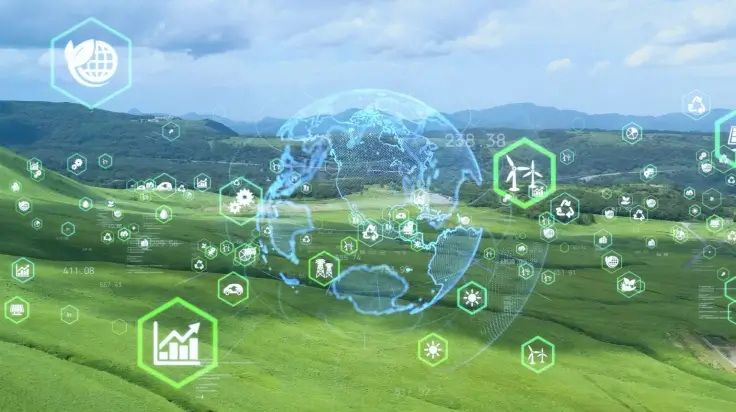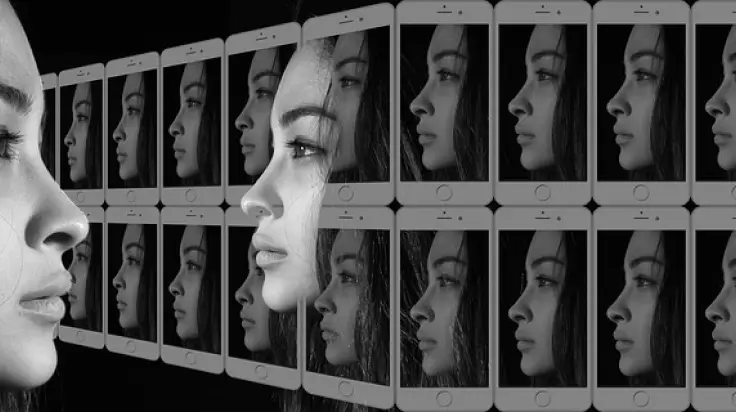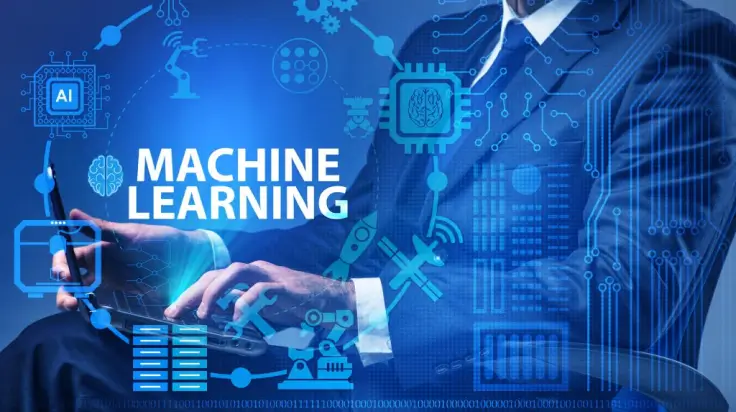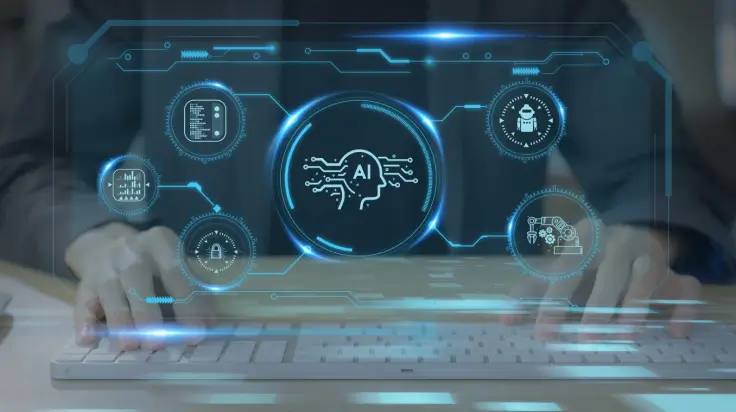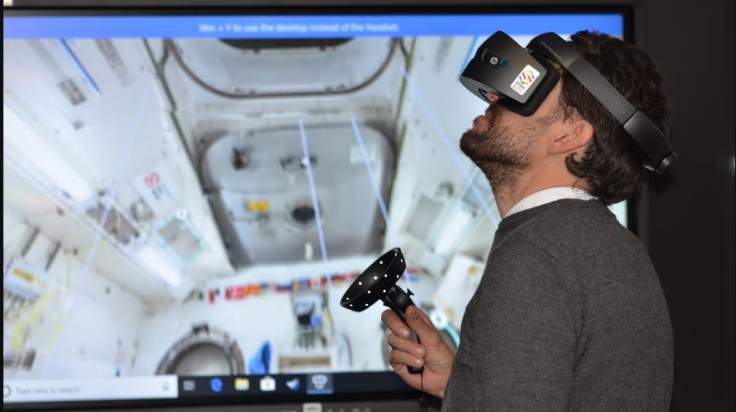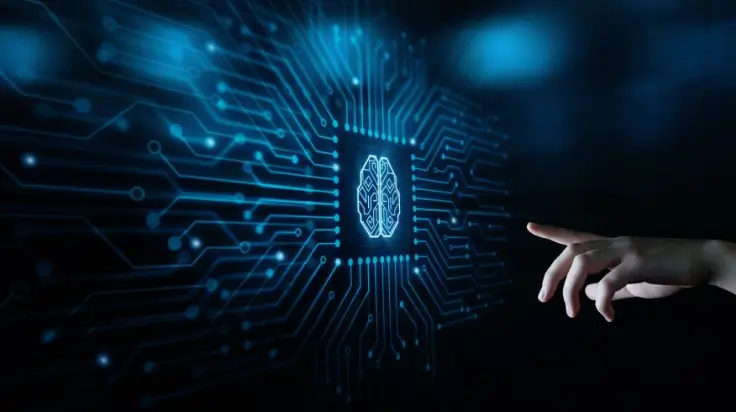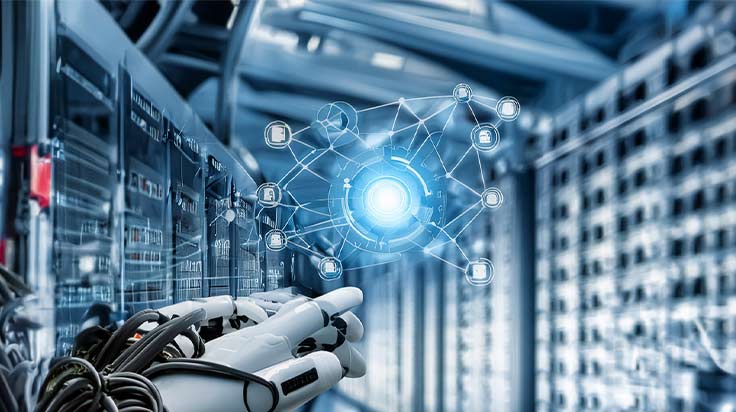What is the Future of the Internet of Things (IoT)?
- Dr. Kaushik Ghosh
- Published 11/12/2023
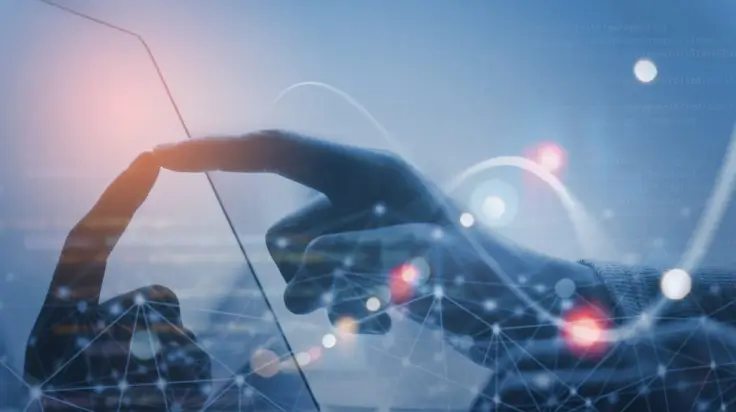
Advancements in technology have fuelled the growth of The Internet of Things (IoT). As we approach the end of 2023, the future of IoT looks brighter than ever with various trends and predictions on the rise. From advancements in Machine Learning and Artificial Intelligence to the rise of smart cities and integrated supply chains, the possibilities for IoT seem limitless.
Now considered the driving force in industries like healthcare, transportation, retail, and manufacturing, IoT is deemed to have transformative power, renovating these industries like never before. This is also because technological changes are happening at an ever-increasing speed, creating immense pressure on organisations to lead with innovation, or at a minimum, adapt ‘fast enough’ to meet the global requirements.
Future of IoT
The future of IoT technology is indeed promising. The world is experiencing a significant transformation, and IoT has a crucial role to play in this revolution. Predictably, the future will be based on various innovative technologies such as Machine Learning, Artificial Intelligence, 5G, and edge computing. The Internet of Things is all set to revolutionise industries such as healthcare, agriculture, manufacturing, logistics & transportation.
The Internet of Things (IoT) is changing almost all industries across the globe, and healthcare, agriculture, and transportation are no exceptions. IoT is enabling a new era of data-driven decision-making, automation, and optimization. Let’s see how different industries are benefitting under the umbrella of IoT.
IoT in Healthcare: IoT has been particularly beneficial in remote monitoring of patients. It enables real-time health tracking, and predictive maintenance of equipment, and is also being used to support drug development. Wearable devices are being used to monitor vital signs and send alerts to doctors regarding any changes in a patient’s condition. Smart hospital rooms are being designed to track patient movements and adjust lighting, temperature, and ventilation accordingly.
IoT in Agriculture: IoT is considered extremely beneficial for farmers in many ways. For instance, IoT sensors can monitor soil moisture, temperature, and other relevant factors to help farmers make informed decisions regarding which crops to sow to optimize crop yields, reduce waste, and prevent crop loss. IoT can also assist in the automation of irrigation and spraying systems, alleviating the manual burden on the farmers. Animal tracking devices can assist farmers in managing their livestock’s health, thus, reducing the risk of disease outbreaks.'
IoT in Transportation: First and foremost, IoT is helping improve safety and reduce traffic congestion. Connected cars can communicate with other vehicles and infrastructure to prevent accidents. Moreover, IoT future technology is working towards fleet management, helping companies monitor fuel usage, vehicle maintenance, and driver behaviour in real-time.
IoT in Hospitality: In the hospitality industry, IoT is projected to enhance customer service, and reduce operational costs, thus having a positive impact on the top-line objectives of the company. The use of smart devices, such as smart locks, air conditioning systems, and smart lighting, among many other offerings, makes the stay more convenient. IoT has the potential to offer an exemplary guest experience while simultaneously improving the efficiency of the hotel staff.
IoT in Retail: IoT has drastically transformed the shopping experience. The use of RFID tags and sensors on shelves makes it easier for the staff to track inventory and assists in making real-time stock management decisions. It also enables personalised advertising by offering credible customer insights to improve overall shopping experiences.
IoT in Manufacturing: IoT in manufacturing promises improved operational efficiency with predictive maintenance, remote monitoring, and real-time asset tracking. Moreover, IoT makes possible better collaboration between humans and machines, ensuring correct implementation of safety standards and overall product quality.
IoT in Smart Cities: The potential of IoT in smart cities is limitless. IoT technology provides for traffic control, sensor-based water management systems, waste management, and the general monitoring of a city. The result has been an increased level of productivity and improved living standards globally.
Latest Trends
- Edge Computing: IoT devices are processing data on the edge, enabling faster operation and an increase in overall efficiency.
- Artificial Intelligence: AI is transforming IoT devices by providing machine learning capabilities and allowing devices to make intelligent decisions autonomously.
- Rise of IoT-as-a-service: Businesses are increasingly incorporating IoT-as-a-service to implement IoT solutions because of its affordable nature.
- Interoperability: Interoperability refers to IoT devices’ ability to connect and communicate with each other, promoting greater data sharing and integration.
- 5G networks: The availability of 5G networks will provide the necessary speed and bandwidth to handle the surging demand for IoT devices and their data.
All in all, IoT is an exciting space that is continually evolving. It is crucial for businesses to stay relevant by keeping themselves well-versed with the advancements in IoT to leverage the benefits of this technology fully.
The Internet of Things (IoT) has made smart homes and cities possible; the true potential, however, lies in its ability to process gigantic amounts of data generated by connected devices. The Internet of Things helps in the automation processes, optimizing efficiencies and providing predictive insights. IoT will certainly dominate our lives in the near future.
References
Dr. Kaushik Ghosh
The writer is Dr. Kaushik Ghosh, Associate Professor, UPES School of Computer Science
UPES Admission Enquiry
Subscribe to UPES Blogs
Join our community for exclusive stories, insights, and updates
By clicking the "Subscribe" button, I agree and accept the privacy policy of UPES.












